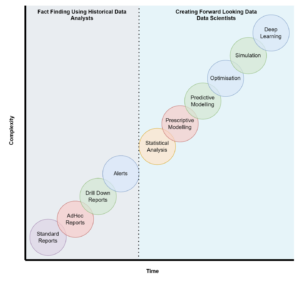Every day, millions of facts and statistics (data records) are collected across the Collaboration Hub for reference or analysis. This information is entered on to various secure electronic information systems.
Data Science – predicting and prescribing future events
Data science involves the study of facts and statistics (the data), to provide meaningful information on future scenarios. It involves principles and practices of mathematics, artificial intelligence and computer engineering. Advanced analytical techniques are applied to the data in order to:
- predict what will happen in the future
- understand how can we make things happen in the future (prescriptive analysis)
- understand how different variables will lead to different scenarios in the future (deductive analysis).
Data analysis – learning from past events
Data analysis is different to data science.
Data analysis seeks to understand past events. analysts and business intelligence developers study data records to find out:
- what has happened (descriptive analytics)
- why things happened (diagnostic analytics)
They also move data between systems (data engineering).
Data analysis centres on fact finding. Because it concerns information of the past, it has. limited ability to help predict, plan, prepare and ultimately improve our services.

How data science can help your quality improvement project
The data science team within the Somerset Collaboration Hub offers a wide range of services to colleagues across the organisations including:
- Time Series forecasting
- Simulation Modelling
- Natural Language Processing
- Geospatial Analysis
- Network Analysis
- Sentiment Analysis
- Machine Learning
- Anomaly Detection
- Causal Impact Analysis.
We also provide:
Mentorship, as part of the Health Service Modelling Associates
Training – as part of the Gold Quality Improvement training programme. This includes data literacy courses, and causal inference training which involves interpreting the independent effect on a singular element that is part of a larger system).
Operational Research
Operational Research consists of problem solving and decision making based on how a business/organisation functions and its interdependencies. The aim is to understand and tacklee, challenges relating to the workflow and management of organisations.
Operational research is different to clinical research. Clinical research aims to improve patient care through the advancement of clinical pathways, medications and interventions.
Operational research will start with a hypothesis (prediction of what is going to happen – based on the facts known at the time), or a problem. From there, it’s a case of working through questions to try and address the prediction or problem. The questions could look like this:
- What is the optimal number of beds in the hospital to prevent blockages?
- Where is the best place to open a new clinical service?
- What would happen if we introduced a new pathway for emergency patients?
Systems are recreated virtually using mathematical models in order to test solutions and understand improvements to the underlying problems. These findings are documented. Final reports of the learning are often published nationally to contribute to wider knowledge pools and further understanding the subject area.
Operational research overlaps with the data science, but they are still two separate disciplines in their own right. The main difference is the data science team work on projects directly benefitting an individual organisation (within the Collaboration Hub), while the operational research team are identifying and attempting to solve problems that impact the wider health and social care system and the any of the range of organisations within it.
Academic partners
Our data science and operational research teams have strong working relationships with their equivalent academic partners, specifically PenCHORD based at Exeter University and teams at the universities of Bath, Bristol, and Plymouth.
If you are interested in participating in operational research or have an idea in mind within the Integrated Care System then the team can help arrange, support, and participate to ensure that your research is a success.

